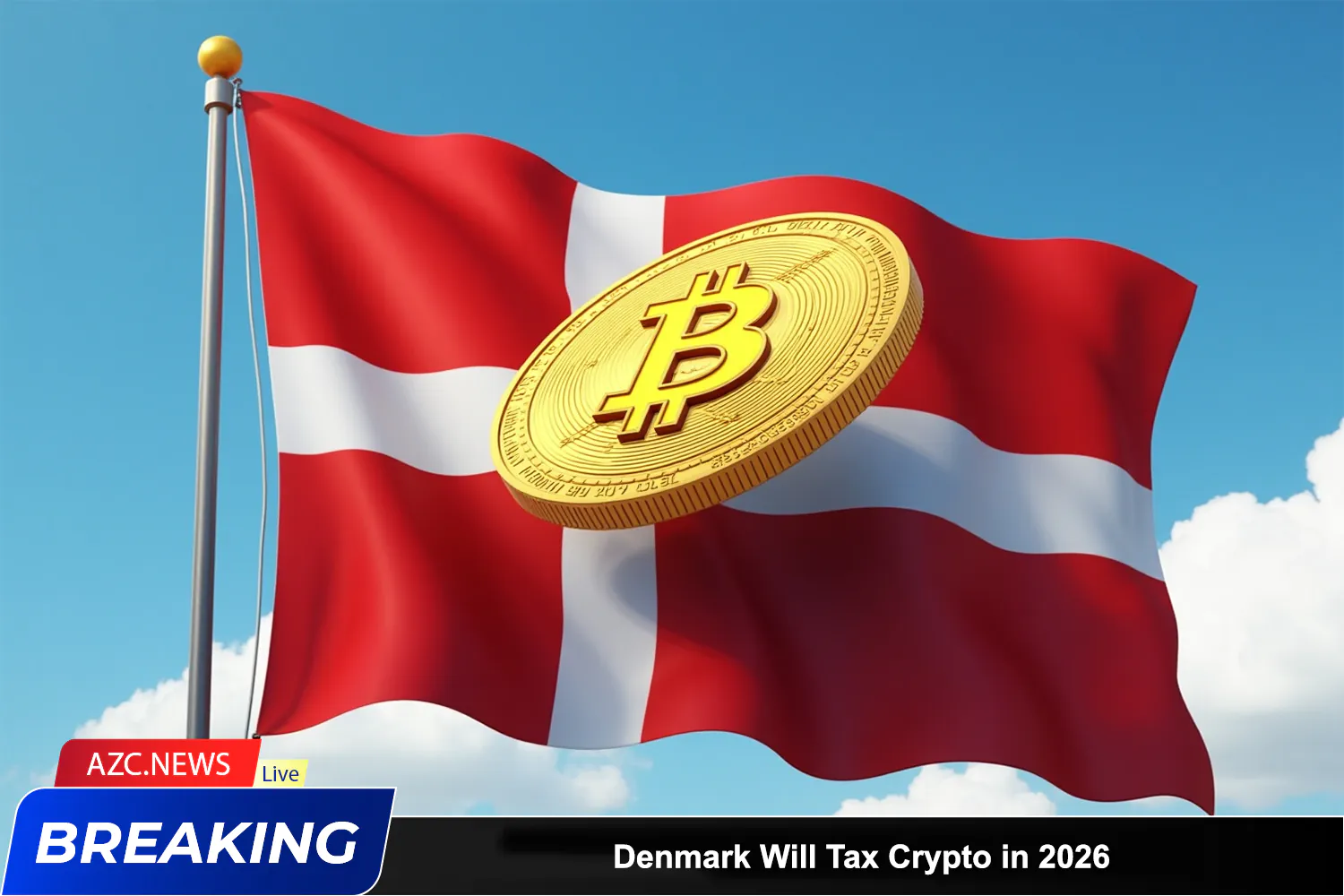Starting from January 1, 2026, Denmark will implement a new tax policy aimed at aligning the taxation of cryptocurrency assets, such as Bitcoin, with the way traditional financial assets are taxed.
According to the latest proposal from the Danish Ministry of Finance on Wednesday, a 42% tax will be applied to unrealized gains from cryptocurrencies, retroactively starting from Bitcoin’s inception in January 2009. Finance Minister Rasmus Stoklund remarked that many Danish cryptocurrency investors have been subject to unfair taxation under the current capital gains tax rules. He suggested that the new regulations would create a simpler approach to taxing cryptocurrency.

The Council’s recommendations aim to address the imbalance between taxing profits and losses. Investors will be allowed to offset losses from one cryptocurrency against gains from another. Additionally, gains from cryptocurrencies can be offset against losses from financial contracts, and vice versa.
This approach, known as inventory taxation, classifies cryptocurrency transactions as capital income. As a result, they will be taxed continuously, even if the assets are not sold. However, the proposal does not clarify whether the new tax rules will apply retroactively to existing cryptocurrency holdings.
Related: DPP Japan Leader Proposes Significant Crypto Tax Cut
By early 2025, the Finance Minister is expected to submit a bill requiring cryptocurrency service providers to report customer transaction details and share this data across EU countries. At the same time, the Minister will also propose a cryptocurrency tax bill, incorporating the Council’s recommendations.
I believe that we need clearer and more appropriate rules in this area. That’s why I am looking forward to presenting the bill and discussing it with the parties in Parliament
Stoklund said.
Recently, Italy also announced plans to raise its capital gains tax on Bitcoin and other cryptocurrencies to 42%. This increase, aimed at providing additional resources for families, youth, and businesses, marks a significant jump from the current 26% tax rate, which has been in place since 2023.






